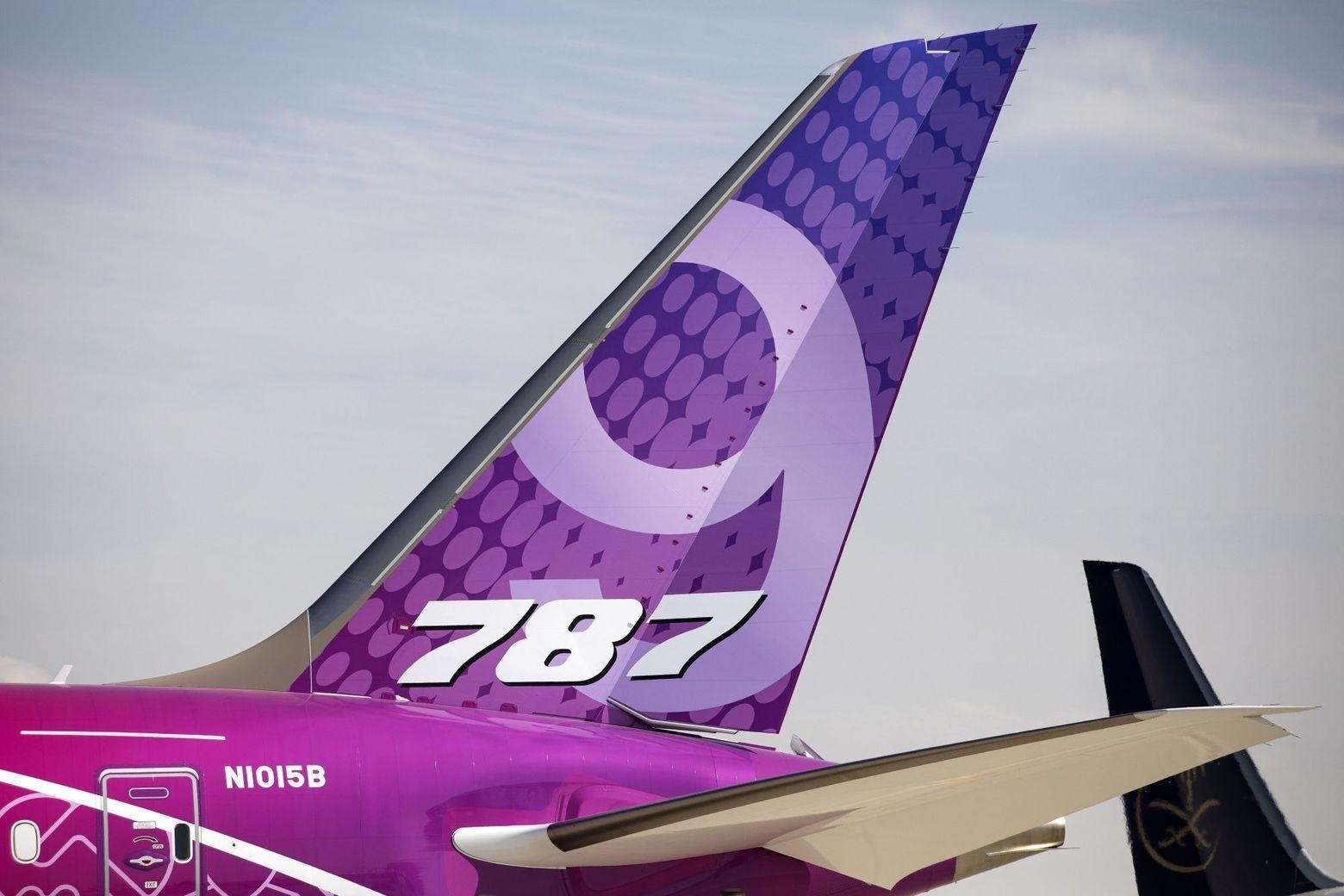AeroGenie — Ihr intelligenter Copilot.
Trends
Categories
Boeing Receives Order from Taiwan’s China Airlines

Boeing Secures Significant 777X Order from Taiwan’s China Airlines Amid Trade Challenges
Boeing Company (NYSE: BA) experienced a rise in its share price following the announcement of a substantial order from Taiwan’s China Airlines for 14 of its next-generation 777X wide-body aircraft. The agreement comprises ten 777-9 passenger jets and four 777-8 Freighter planes, with options to acquire an additional five 777-9s and four 777-8 Freighters. Scheduled for booking in March 2025, this marks the first occasion a Taiwanese carrier has committed to the fuel-efficient 777X model, highlighting China Airlines’ strategic intent to expand its long-haul fleet capabilities.
Enhancing Long-Haul Capacity and Cargo Operations
The introduction of these aircraft is expected to significantly enhance China Airlines’ operational capacity and extend its range on key routes linking Taiwan with North America and Europe. Kao Shing-Hwang, chairman of China Airlines, emphasized the advanced technology embedded in the 777-9, noting it will deliver a superior flying experience for passengers. He also highlighted the 777-8 Freighter’s extended range and fuel efficiency as critical factors in maintaining the airline’s leadership in air cargo services. Boeing’s vice president of Commercial Sales for Northeast Asia, Dan Schull, echoed this sentiment, stating that the new fleet additions will enable China Airlines to increase capacity and position itself for sustained growth.
Boeing’s Financial Performance and Geopolitical Headwinds
The order announcement arrives as Boeing contends with a complex global environment. In its first-quarter financial report, the company posted revenue of $19.5 billion, exceeding analyst expectations, alongside an adjusted loss per share of $0.49, which also surpassed consensus estimates. During the quarter, Boeing secured 221 net orders and delivered 130 commercial aircraft, maintaining a substantial backlog exceeding 5,600 planes valued at approximately $460 billion.
Despite these positive indicators, Boeing faces considerable challenges. Persistent supply chain disruptions and escalating geopolitical tensions, particularly between the United States and China, have introduced uncertainty regarding future aircraft deliveries. On April 23, 2025, Boeing CEO Kelly Ortberg confirmed that China has suspended deliveries of Boeing aircraft in response to increased tariffs. The United States recently imposed tariffs of up to 145% on Chinese goods, prompting China to retaliate with tariffs of 125% on U.S.-manufactured products, including aircraft. These measures have rendered Boeing’s planes less competitive in the Chinese market, threatening the company’s access to one of the world’s largest aviation sectors.
Industry experts, including Bank of America analyst Ronald Epstein, have underscored Boeing’s prominence as the largest U.S. exporter, making it a central figure in the ongoing trade dispute. Epstein described the situation as “unsustainable,” emphasizing the difficulty in balancing trade considerations without addressing Boeing’s position.
Implications for the Aerospace Industry and Market Dynamics
As trade negotiations continue, the aerospace industry remains vigilant for any developments that might resolve the standoff. The dispute not only endangers Boeing’s market share in China but also poses broader risks to the U.S. economy and the extensive network of jobs linked to Boeing’s supply chain. Concurrently, competitors may seek to leverage Boeing’s difficulties by enhancing their own market offerings to airlines globally.
In the meantime, the China Airlines order represents a significant boost to Boeing’s commercial division, providing momentum as the company navigates ongoing supply chain challenges and shifting geopolitical landscapes.

Emirates Unveils Cabin Design for New Boeing 777X

Eighteen Years On, the Airbus A380 Remains Central to a $34 Billion Airline

How a boom in luxury airline seats is slowing down jet deliveries

Navitaire Outage Attributed to Planned Maintenance

DigiYatra Debuts Outside Aviation at India AI Impact Summit

Vietnam Orders Strengthen Boeing’s Commercial Outlook

Airbus Signals Uncertainty Over Future A400M Orders

JobsOhio Awards $2 Million Grant to Hartzell Propeller for Innovation Center

Collins Aerospace Tests Sidekick Autonomy Software on YFQ-42A for U.S. Air Force CCA Program

How the Airbus A350-1000 Compares to the Boeing 777
